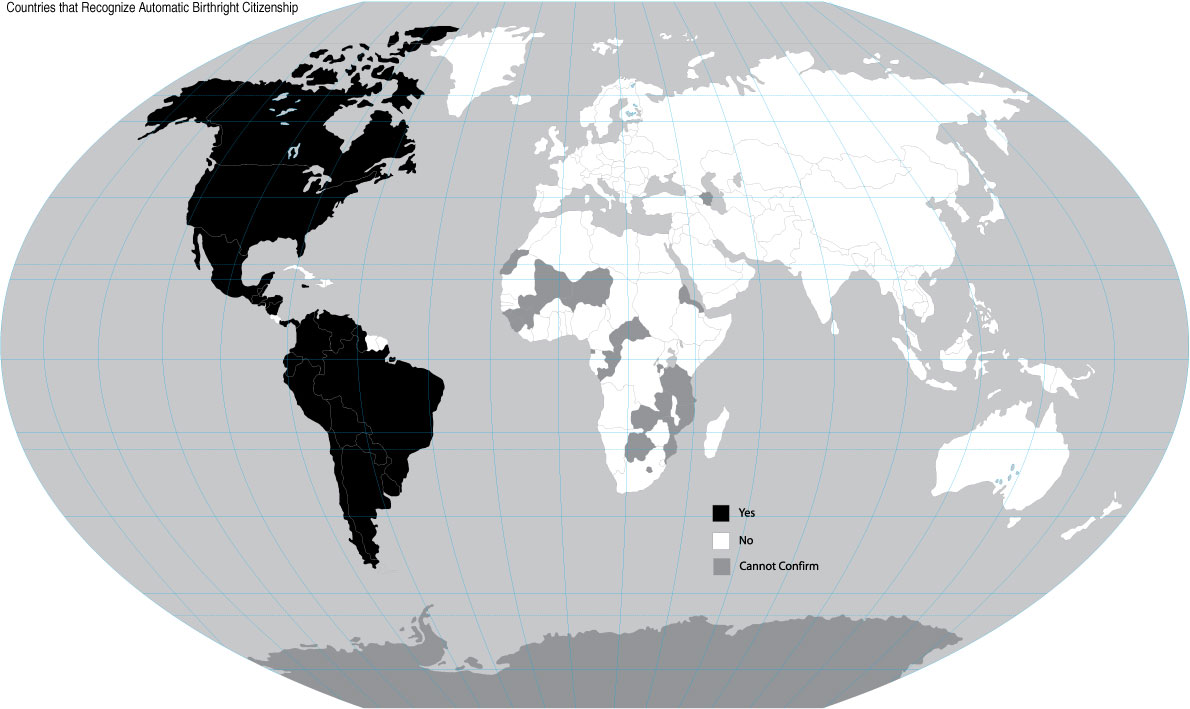Twins, no less, after a journey through U.S. surrogacy by a gay Israeli couple, from Haaretz:
Two for the Price of One: An Israeli Gay Couple's American Journey to Fatherhood By Hilo Glazer
"From the moment surrogacy for Israeli gay men swung away from Asia and landed in the American kingdom of capitalism, having a baby became a complex spreadsheet in which every row carries a price tag.
...
"We continued shopping in the most experienced agency in the gay fathers’ realm in Israel, which was founded by a marketing man. He mentioned two options: an American route and a Canadian route. The Canadian path is at least 100,000 shekels cheaper because there’s no need to pay the surrogate mother. How so? In Canada, surrogacy is, by law, completely altruistic, the marketing man explained, and the women are good Christians who want “to grant people the right to raise a family.” He added, with a thin smile, that these surrogate mothers receive “enlarged reimbursement of expenses,” and hinted that this was a way to get around the Canadian ban on paid surrogacy.
...
"The first step is to find an egg donor. In this field, America really is the land of opportunity – with a price range to match. We paid the low rate ($8,000) because we made do with the database of candidates that’s attached to the clinic and for which there’s “no charge” to access. It’s a pretty limited database, with about 15 candidates at any given moment.
"But hey, this is America, so there’s no upgrade that money can’t buy. An additional payment of $8,500 to $20,000 provides access to premium databases. There’s one consisting of donors who are models (they call it “donors who look like you,” and you can select the desirable physical qualities), while there’s another of donors who are Ivy League graduates. Unfortunately, there’s no overlap between the databases. An egg from a Jewish donor will cost more – around $20,000 (half to the agency, half to the donor). All told, if you go with the select databases, the cost of the egg donation can reach $35,000.
...
"The next stage, then, is to find the surrogate. The clinic put us in touch with five agencies for surrogates, each of which controls a different region of the country.
Because demand for surrogate mothers exceeds supply, hooking up with an agency doesn’t ensure an available woman when the contract is signed. The average waiting time is between four months and a year and a half. We were ready to pay in order not to lose momentum, and we went for the fastest option. The supply of surrogates available in Oregon, where the clinic was situated, had run out, so we had to expand into new territory...
...
"After two weeks, we were informed that a suitable candidate had been found...24, married and the mother of an 18-month-old girl, a part-time preschool teacher living in Oklahoma City. (Motherhood is a condition for surrogacy so that there are no known complications preventing the woman from giving birth.) Oklahoma is considered part of the Bible Belt, but Tiffany, for one, wasn’t put off by the fact that we were a gay couple.
...
"Spreading out the surrogate’s salary over nine months is liable to cause a conflict of interest with her. The classic dilemma is whether to have amniocentesis (generally performed at the start of the second trimester). It’s the most reliable indicator of the embryo’s health but also increases the risk of a miscarriage – a scenario we would obviously not want, but one more fraught with problems for the woman. She, after all, would have endured a rigorous selection process, taken medications, undergone invasive medical procedures, and in the case of a miscarriage, would be rewarded for only a few weeks of work.
...
"American agencies now customarily offer clients a “guarantee to baby” option: In return for a fixed price, the clinic undertakes “to provide” a baby, no matter how many attempts this entails. The deal is also valid for unsuccessful embryo transfer and in case of a miscarriage. Guided by fear of failure and of the need to make a double payment, we – and pretty much all the other couples who face a similar dilemma – opted for the “all inclusive” rate.
...
"The bonus of the visit to Portland was a meeting with the egg donor ...
Into the room came a delicate young woman of 21...accompanied by her fiancé ... She’s a nursing student, he’s starting med school, and both aspire to do volunteer work in plague-ridden regions of Africa.
...
[The surrogate] Tiffany’s life story, which we heard about during her hospitalization, raised a host of ethical questions that had been pushed aside once we’d opted for First World surrogacy over one in India.
... Was her economic plight fundamentally different from the distress of an imagined Indian surrogate mother? Wasn’t the medical risk she took the same? Could we be certain that she had volunteered for the process and not been pushed into it by a relative? Wasn’t her basic salary – about $30,000 – too small compared with the payments received by the doctors and the mediators? "
***********
Here's a subsequent story from Haaretz (not related to the particular couple above):
Jewish Agency offers loans to staff seeking surrogacy abroad
For the first time in history, a state entity is offering its employees support for the extremely expensive procedure, which is denied to gay men in Israel by law



